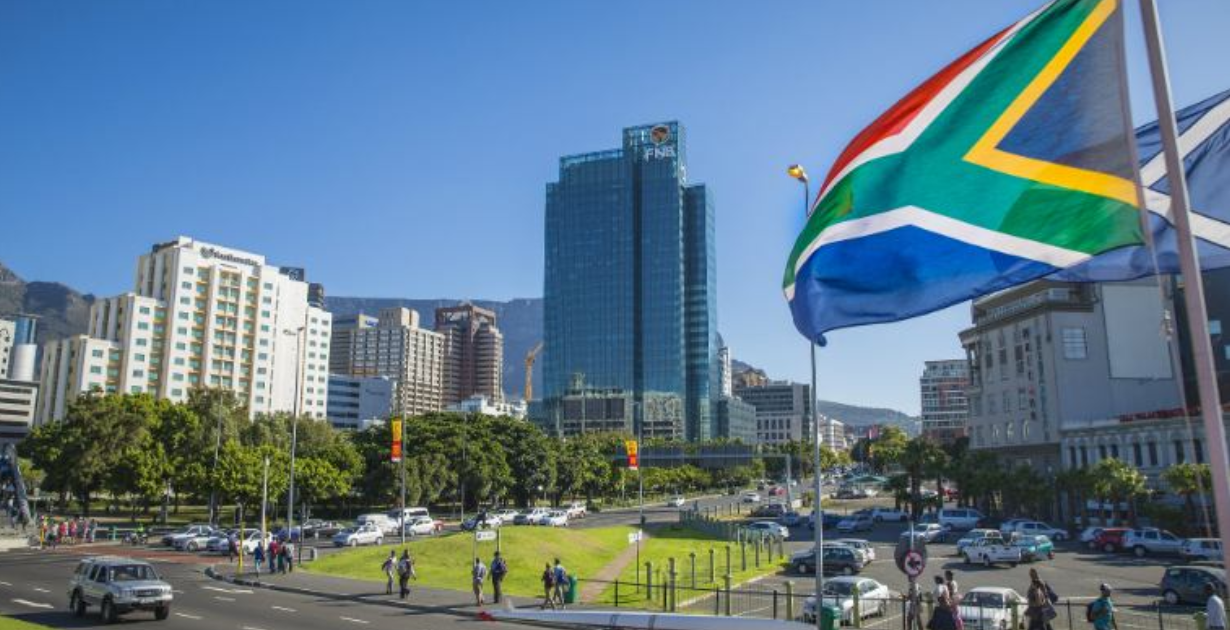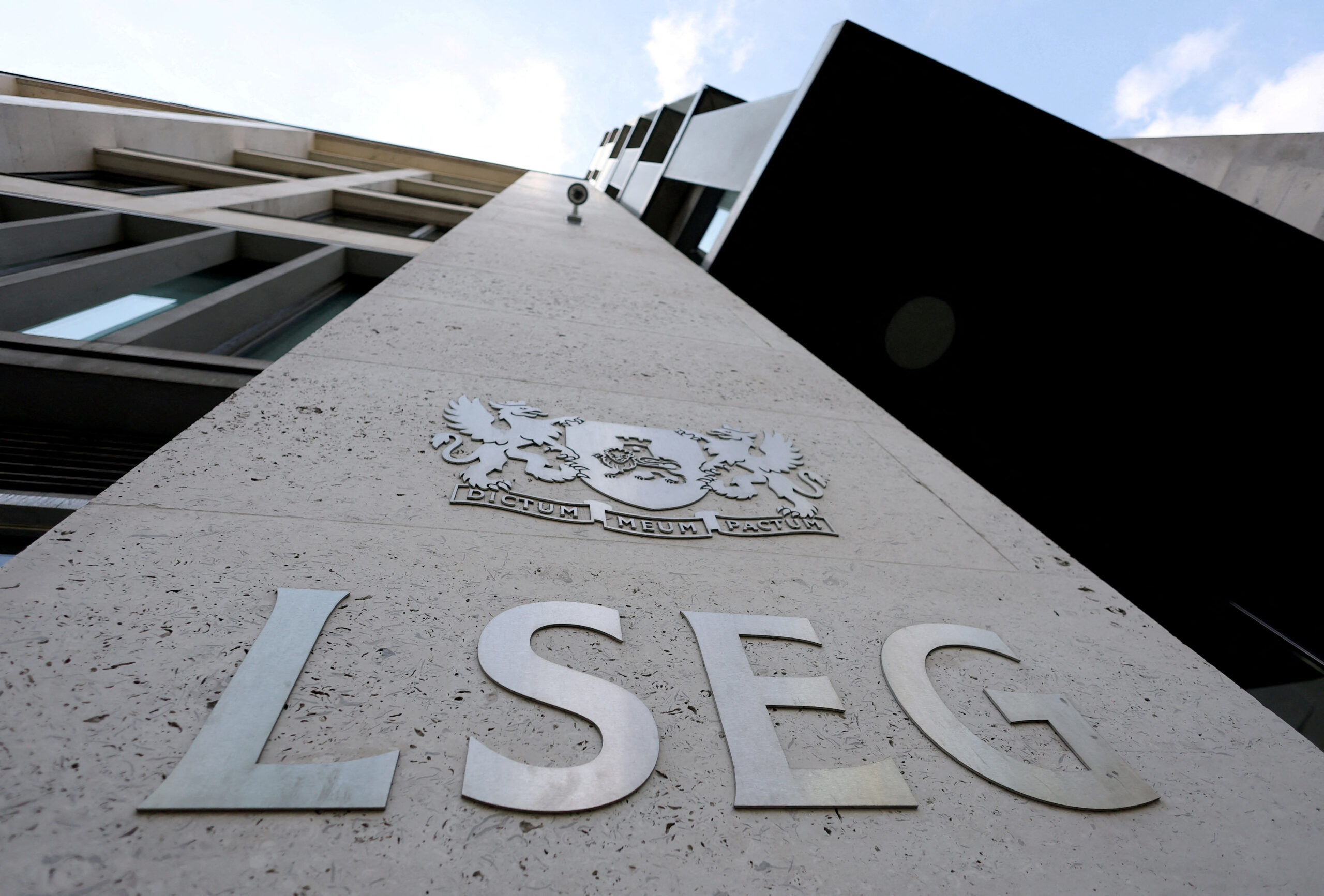South Africa’s Business Activities Show Signs of Stabilizing After Months of Decline
South Africa’s private sector activities have begun to stabilize after four consecutive months of decline.
The S&P Global South Africa Purchasing Managers’ Index (PMI) increased from 48.3 in March to 50.0. This neutral mark suggests that business conditions are neither expanding nor contracting.
Modest enhancements in employment, output, and new orders were the primary factors driving the stabilization. Stronger client demand and effective marketing strategies resulted in an increase in new orders.
Supplier delivery times decreased for the first time since June 2023, which was partially attributed to the reduction in congestion at Durban’s port.
Additionally, supply chains experienced an improvement. This resulted in a moderate increase in purchasing activity.
Nevertheless, inflationary pressures increased, reaching an eight-month high, primarily as a result of the rand’s depreciation against the U.S. dollar. Firms increased their selling prices in response to the increase in input costs.
In spite of these favorable developments, business optimism experienced a decline due to ongoing political uncertainty, both domestically and internationally. Companies expressed apprehension regarding the economic outlook for the future.
Manufacturing remained subdued, while the services sector demonstrated the most substantial improvement. In general, the data indicates that the private sector of South Africa is making a tentative recovery.
The stabilization is perceived as a positive development by economists; however, they underscore the necessity of ongoing enhancements to guarantee long-term expansion.
news via inbox
Get the latest updates delivered straight to your inbox. Subscribe now!




